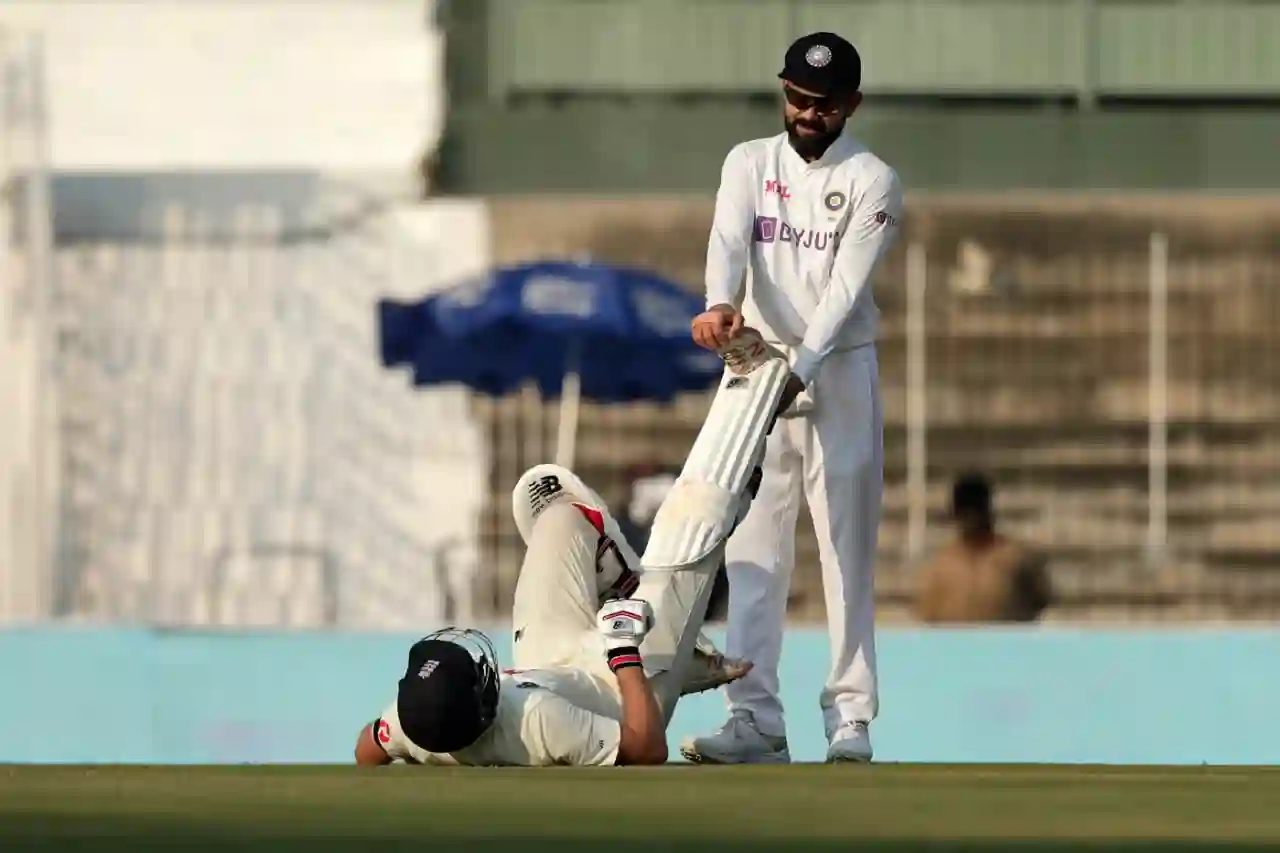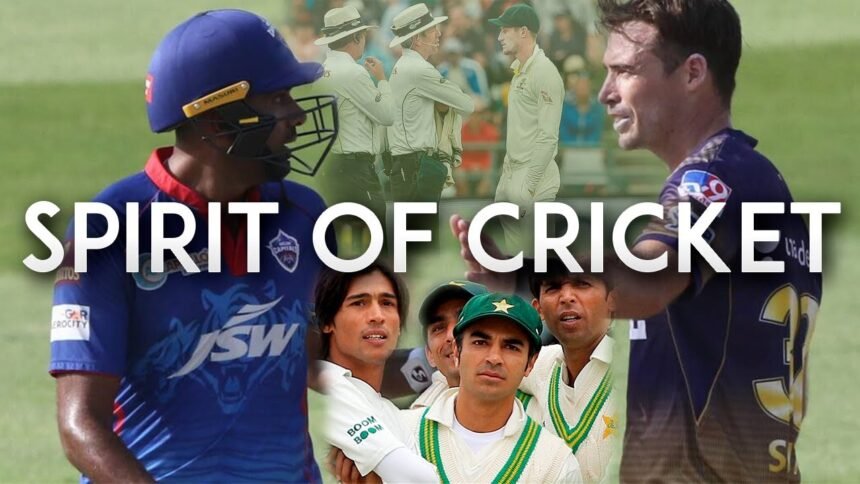Spirit of Cricket, Cricket has always been more than just a sport; it’s a tradition, a philosophy, and a game deeply rooted in respect, fairness, and sportsmanship. Known as the “gentleman’s game,” cricket has historically upheld values that set it apart. However, recent trends suggest that modern players may be straying from these principles. With heated on-field clashes, excessive appeal, and an increasingly commercialized atmosphere, one must ask: Is the spirit of cricket under threat?
Understanding the Spirit of Cricket
The spirit of cricket isn’t just about following the rules—it’s a mindset, an unspoken code of ethics that players are expected to honor. The Marylebone Cricket Club (MCC), which oversees the Laws of Cricket, emphasizes that cricket’s charm lies in playing not just within the laws but also within its spirit.
Traditionally, players have upheld self-discipline, even walking off the field without waiting for the umpire’s decision if they knew they were out. Cricketing legends like Sir Donald Bradman and Sachin Tendulkar have long advocated for maintaining the game’s integrity, setting examples for future generations.
How Modern Cricket Has Evolved
Cricket today is vastly different from what it was a few decades ago. The rise of T20 leagues, increased commercialization, and the pressure to perform have reshaped the game. While these changes have made cricket more exciting and accessible, they have also introduced challenges in maintaining its traditional values.
One major concern is the growing frequency of on-field altercations. As the stakes get higher, aggression on the field has intensified. Players engage in sledging—verbal taunts designed to unsettle opponents—which, while sometimes seen as psychological tactics, often border on disrespectful behavior.
The Impact of Technology on Player Behavior
Technology has significantly changed how cricket is played and officiated. The Decision Review System (DRS) was introduced to minimize human errors, but it has also led to players openly questioning umpiring decisions. Gesturing, showing dissent, and even arguing with officials have become increasingly common.
In the past, players accepted the umpire’s verdict with grace, even if it was incorrect. Today, constant appeals and challenges sometimes create an atmosphere where respect for officials is diminish.

Are Governing Bodies Doing Enough?
Organizations like the International Cricket Council (ICC) and national cricket boards have implemented codes of conduct to uphold the sport’s ethics. The ICC’s rules penalize excessive appeal, dissent, and abusive behavior. However, many argue that these measures lack the necessary strictness to truly curb unsporting conduct.
For instance, while fines and minor suspensions exist, they often fail to deter repeat offenders. Moreover, the inconsistent enforcement of rules—where high-profile players sometimes receive lighter punishments than lesser-known cricketers—has led to accusations of favoritism.
The Role of Commercialization
Cricket’s increasing commercialization has undoubtedly influenced player attitudes. With massive sponsorship deals and franchise cricket leagues like the IPL, financial incentives often take precedence over the game’s traditional values. The desire to win at all costs can sometimes lead players to push ethical boundaries.
This shift is evident in how some players prioritize personal achievements over team success. Whether it’s delaying a declaration to reach a personal milestone or engaging in questionable tactics to gain an advantage, the essence of cricket’s spirit sometimes takes a backseat.
Can Cricket Retain Its Core Values?
Ensuring that cricket continues to embody its traditional principles requires a collective effort from all stakeholders—players, coaches, governing bodies, and fans.
- Stronger Regulations: Stricter penalties for breaches of conduct can act as a deterrent. Enforcing consistent punishments, regardless of a player’s status, can reinforce accountability.
- Education and Awareness: Young cricketers should be train not just in technique but also in ethics. Instilling values like respect, fairness, and integrity from the grassroots level can shape better sportsmanship.
- Celebrating Fair Play: Instead of glorifying aggressive tactics, cricket’s governing bodies and media should highlight moments of sportsmanship. Recognizing and rewarding fair play can inspire players to uphold the spirit of the game.
- The Role of Fans: Cricket lovers also play a part. By appreciating sportsmanship and condemning unethical behavior, fans can influence the narrative around how the game should be played.
Read More: Highest Run-Chases in IPL History – Top 5 Record-Breaking Matches
Conclusion
The spirit of cricket is what makes the game unique, setting it apart from other sports. While modern cricket presents challenges in maintaining this spirit, it also provides an opportunity to reinforce and uphold these values.
As the great Richie Benaud once said, “The game owes it to its past to ensure it remains a sport that values integrity and respect.” By embracing these principles, cricket can continue to inspire future generations and remain a sport that celebrates not just victory, but how it is achieve.






